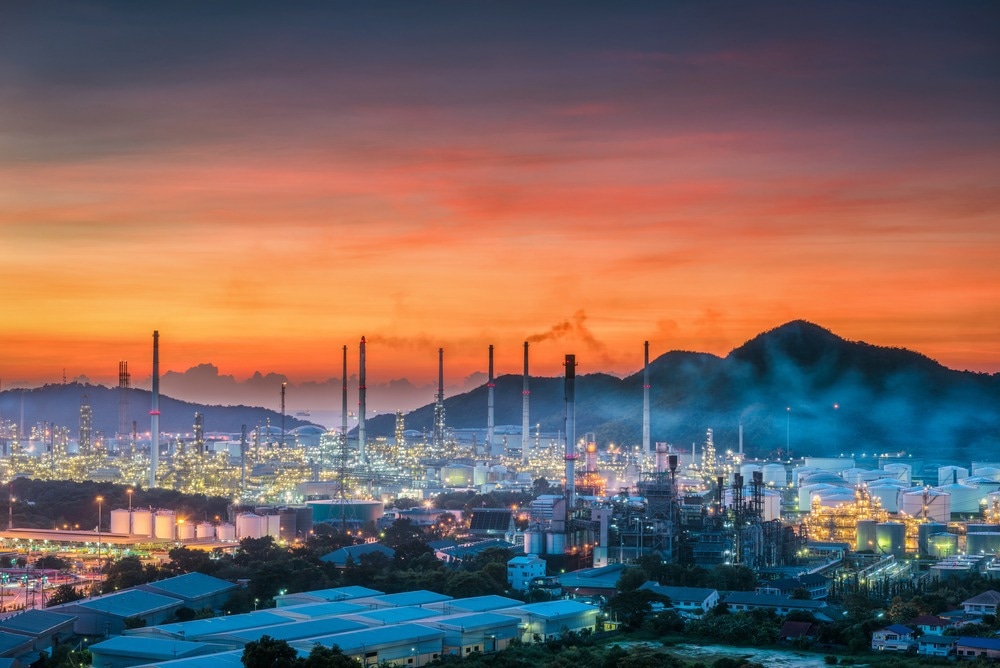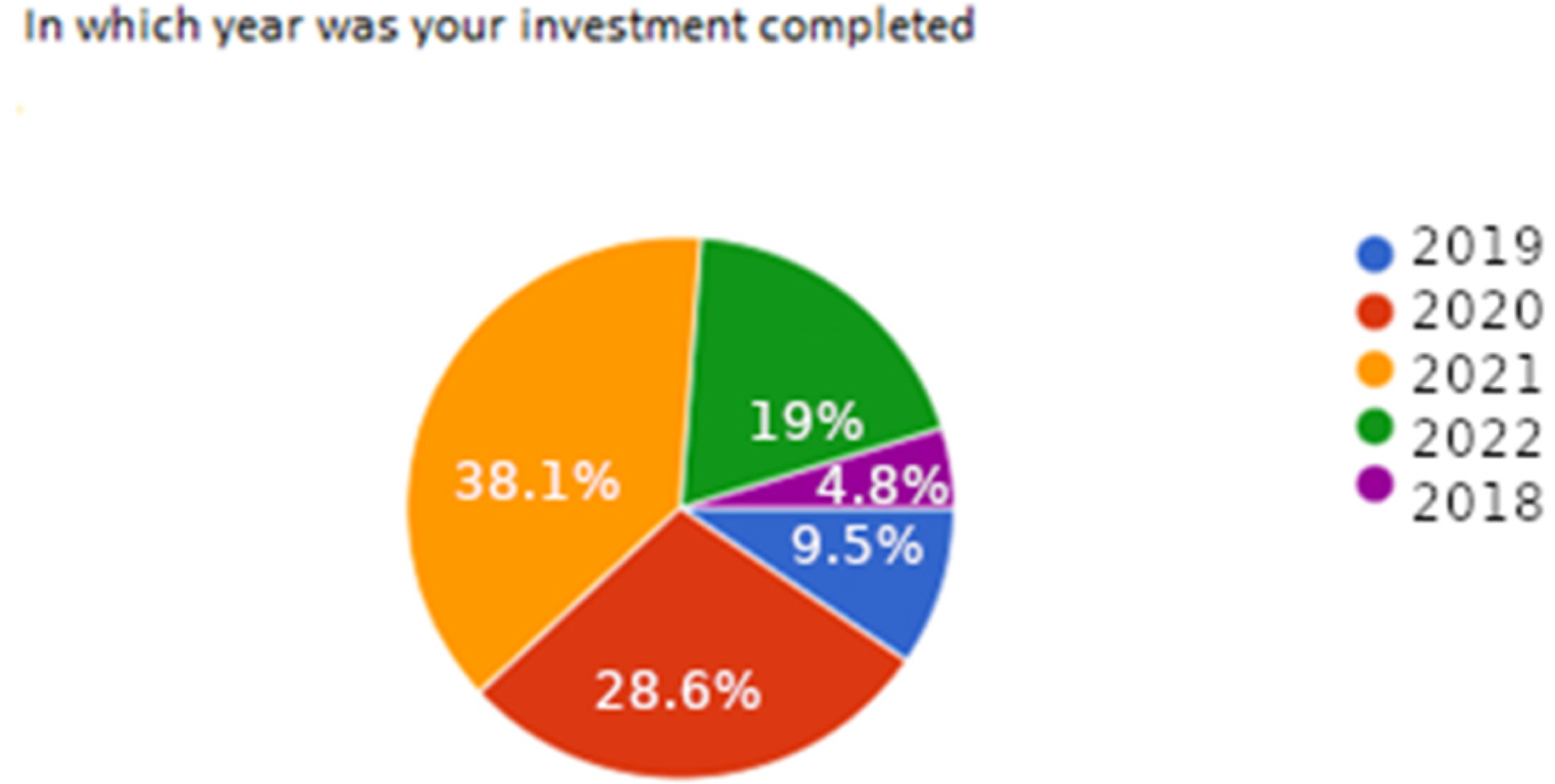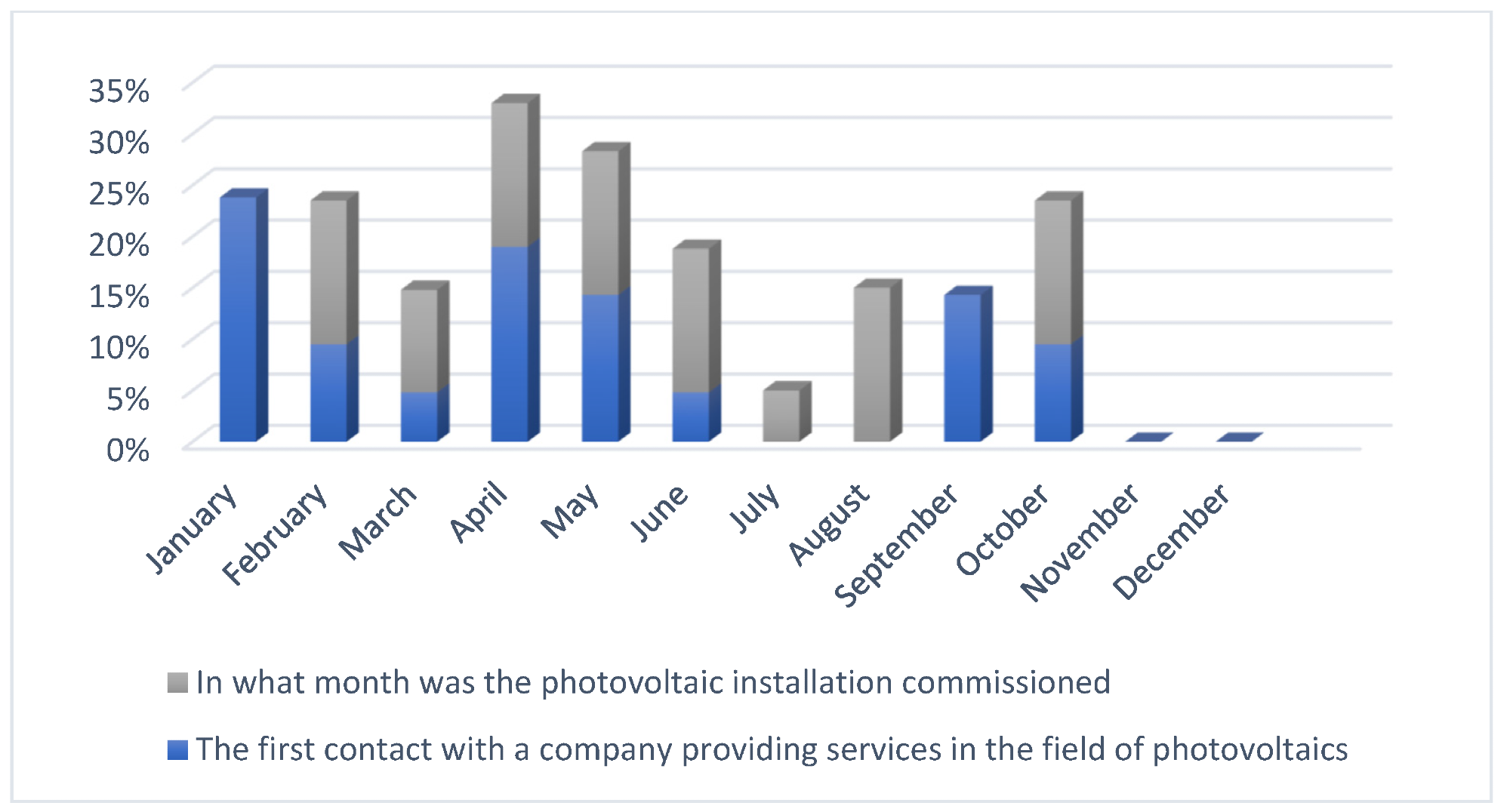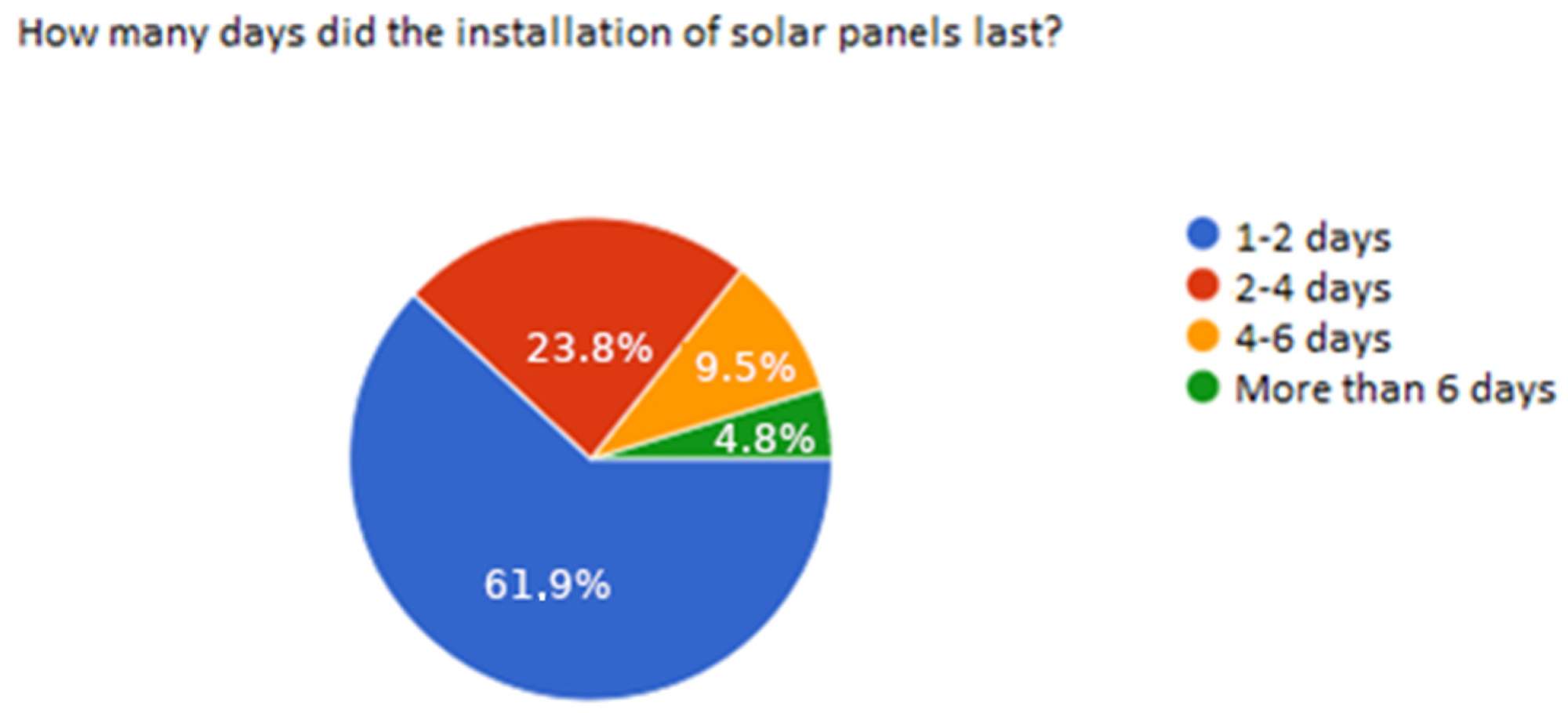The energy sector is a complex industry with multiple logistic processes which can potentially impact the efficient delivery of alternative energy technologies to both domestic and commercial customers. Now, a new paper in the journal Energies has analyzed these processes, providing a basis for future research in this field.

Study: New Perspectives for Logistics Processes in the Energy Sector. Image Credit: Maha Heang 245789/Shutterstock.com
Alternative Energy Sources: Overcoming Multiple Key Issues Within the Energy Sector
The delivery of reliable energy to domestic and commercial customers is a key challenge within the energy sector in every country in the world. Aside from the environmental damage that fossil fuel exploitation causes, recent global events like the Russia-Ukraine war and COVID-19 pandemic have highlighted the difficulties in delivering energy, not least the economic aspects of this critical commercial activity.
Europe, for instance, due to its geopolitical situation, has insufficient access to resources such as oil and gas, and the effects of the war in Ukraine have highlighted its dependence on foreign gas and oil. This has had a knock-on effect on energy prices, with countries such as the United Kingdom facing unprecedented domestic and commercial costs.
The effect of this energy crisis has highlighted the benefits of cheap, readily available alternative energy, such as solar, wind, hydroelectric, geothermal, and biomass-derived fuels. Aside from economic benefits, renewable sources of energy are vastly cleaner than fossil fuels, with significantly reduced greenhouse gas emissions being a key advantage over traditional energy generation.
Alternative, green energy sources provide advantages for countries due to the reduced reliance on imports and raw, finite resources. Moreover, switching to a green economy provides economies with innovation and job growth in both the energy sector and related economic activities. Intermediaries and logistics companies play a key role in this sector.

Image Credit: Kulińska, E & Dendera-Gruszka, Energies
Photovoltaic Solar Cells
Amongst the various alternative energy technologies available today, photovoltaic solar cells have proven to be one of the most promising green energy generation strategies. They are a mature technology with proven economic benefits.
Taking Poland as an example, the country has seen an acceleration in the installation of photovoltaic solar cell technology over the last decade. Between 2011/12 and the end of 2021, the annual increase in the installation category was estimated to be as high as 3.7 GW. Poland had the second highest installed capacity increase in the entire EU, and this trend is predicted to continue over this decade.
Cumulative installed capacity in Poland could reach 28.5 GW by 2030. Across the EU, similar trends have been observed, demonstrating the recognition of solar power by governments to address the growing energy issues in Europe, both in terms of the economy and meeting net zero carbon emission targets.
Individual solar power installations may seem a straightforward process, but the process is actually a complex, costly, and time-consuming one with several different elements that must act synergistically. Aside from the manufacture of the technology, intermediary companies and logistics play a key role in installing solar panels in a domestic dwelling or commercial building.

Time-decision process of purchasing a photovoltaic installation. Image Credit: Kulińska, E & Dendera-Gruszka, Energies
The Study
The paper explores the influence of logistics processes on the Polish solar energy sector. An anonymous questionnaire was used by the authors to survey Polish prosumers in May 2022, and this questionnaire was used as the basis of the research. Currently, there are around one million prosumers who have installed photovoltaic solar cells.
The main investment reasons given by prosumers were both economic and environmental concerns. Based on the questionnaire’s responses, the authors revealed the central role logistics plays in the successful and cost-effective installation of photovoltaic solar cell technologies.
Economic calculations of ROI are essential for solar power installations to ensure cost-effectiveness. A key factor in this is the time period between ordering and installation. Therefore, procurement process time is essential to keep final economic results in line with the initial assumed levels.

Duration of the installation assembly. Image Credit: Kulińska, E & Dendera-Gruszka, Energies
Transportation processes play a key role in the successful installation of solar power for prosumers. Damage during transport may have an impact on projects due to factors such as replacements, but the authors have stated that photovoltaic component storage is itself a risky activity, meaning it is difficult to prove where in the logistics chain damage has occurred and where fault can be apportioned.
In the study, no damage occurred during component storage. However, this factor needs to be considered to provide improvements in processes and delivery of photovoltaic solar cell elements for end-user installation.
Another critical factor highlighted is the distribution process, which is responsible for multiple elements, including delivery at the right time, quantity, and price, and additionally, the entire process of energy distribution.
In summary, the paper has demonstrated the key role transportation and logistics play in the entire process of delivery and installation of photovoltaic solar cell technologies to provide cheap, clean, alternative energy for prosumers and consumers. This element has a direct impact on the efficiency of domestic and commercially-installed solar power.
Further Reading
Kulińska, E & Dendera-Gruszka (2022) New Perspectives for Logistics Processes in the Energy Sector. Energies, 15(15), p. 5708 [online] mdpi.com. Available at: https://www.mdpi.com/1996-1073/15/15/5708
Disclaimer: The views expressed here are those of the author expressed in their private capacity and do not necessarily represent the views of AZoM.com Limited T/A AZoNetwork the owner and operator of this website. This disclaimer forms part of the Terms and conditions of use of this website.